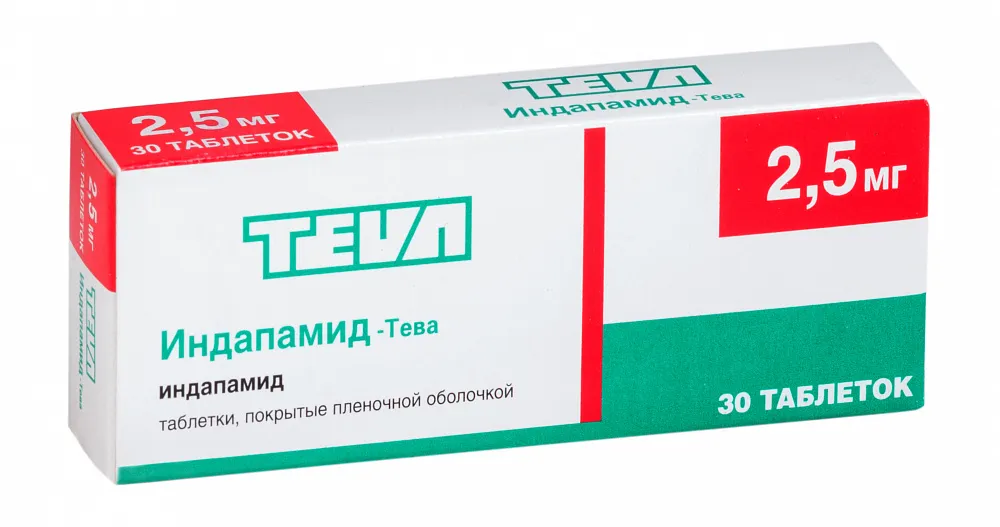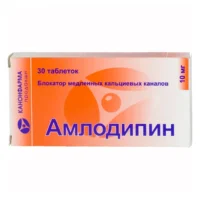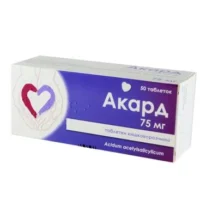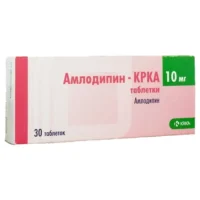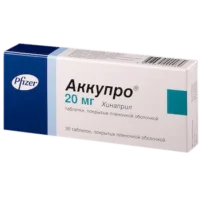Description
Indapamid-TEVA SR Coated Tablets with Prolonged Release 1.5 mg. №30
Composition
Each tablet contains 1.5 mg of Indapamide.
Mechanism of Action
Indapamide, the active ingredient in Indapamid-TEVA SR, is a thiazide-like diuretic that works by increasing the excretion of sodium and water, leading to decreased blood volume and lowered blood pressure.
Pharmacological Properties
Indapamid-TEVA SR helps to lower blood pressure and reduce the risk of stroke and heart attacks through its diuretic action and blood pressure-lowering effects.
Indications for Use
Indapamid-TEVA SR is indicated for the treatment of hypertension.
Contraindications
Do not use Indapamid-TEVA SR if you are allergic to indapamide or if you have severe kidney problems. It is contraindicated during pregnancy.
Side Effects
Possible side effects may include electrolyte imbalances, dizziness, and gastrointestinal disturbances.
Usage Instructions
The recommended dosage is one tablet daily, preferably in the morning. Swallow the tablet whole with a glass of water. Do not crush or chew the tablet.
Benefits Compared to Analogues
Indapamid-TEVA SR provides a sustained release of the active ingredient, ensuring steady blood levels over 24 hours. It offers comparable efficacy to immediate-release formulations with improved tolerability and compliance.
Suitable Patient Groups
Indapamid-TEVA SR is suitable for adult patients with hypertension who require long-term treatment.
Storage and Shelf Life
Store in a cool, dry place away from direct sunlight. Check the expiration date on the packaging and do not use after the stated shelf life.
Packaging Description
Indapamid-TEVA SR comes in a package containing 30 coated tablets with prolonged release.
Clinical Evidence and Proven Effectiveness
Studies have shown that indapamide is effective in reducing blood pressure and preventing cardiovascular events. Research published in the Journal of Hypertension demonstrated the long-term efficacy and safety of indapamide in the management of hypertension.

